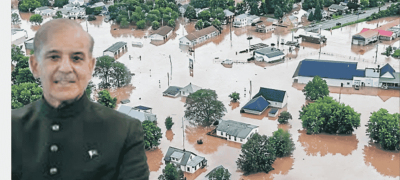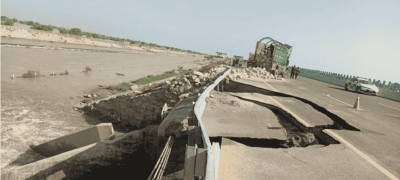Independence of thought and art has long been a defining part of Afghan culture, but now, the Taliban’s new law silences Afghan poets and writers who once gave voice to their nation’s struggles and hopes. Reports suggest that this restriction is part of a broader crackdown on free expression, targeting those who use words as a form of resistance.
Taliban’s new law silences Afghan poets
According to rights groups, the Taliban’s new law silences Afghan poets by banning poems, verses, and cultural writings that challenge authority. Many poets are facing pressure to stop sharing their work in public gatherings or on social platforms. This suppression mirrors the group’s earlier restrictions, where music, art, and women’s voices were systematically pushed out of the public space.
Recent reports highlight that the policy is not only an attack on poets but also a part of a larger plan to restrict freedom of thought. For instance, the Taliban has already banned girls from religious education, limiting opportunities for learning and silencing women’s perspectives in spiritual and intellectual fields.
Key details emerging from Afghanistan:
- Poetry readings and cultural festivals are being monitored.
- Writers and performers are warned against using “sensitive themes.”
- Women face the heaviest restrictions, with almost no platform for creative expression.
- Social gatherings promoting poetry or music are increasingly banned.
The Taliban’s new law silences Afghan poets in ways that reflect broader attempts to control Afghan identity. Literary experts warn that poetry has always been central to Afghan history, and silencing it means cutting off a vital channel of resistance.
Human rights organizations are raising concerns internationally, urging governments and cultural groups to support Afghan artists in exile. Many poets are now forced to publish anonymously or through foreign platforms to avoid punishment.
The situation raises urgent questions about the future of Afghan literature and freedom of thought. Critics argue that suppressing poetry does not erase resistance but instead strengthens underground movements, where words and verses live on in secrecy.
Afghanistan, long known as a land of poets, faces the risk of losing its cultural heartbeat. But despite the risks, many writers vow to continue, believing that their voices, though silenced, will find ways to reach the world.







